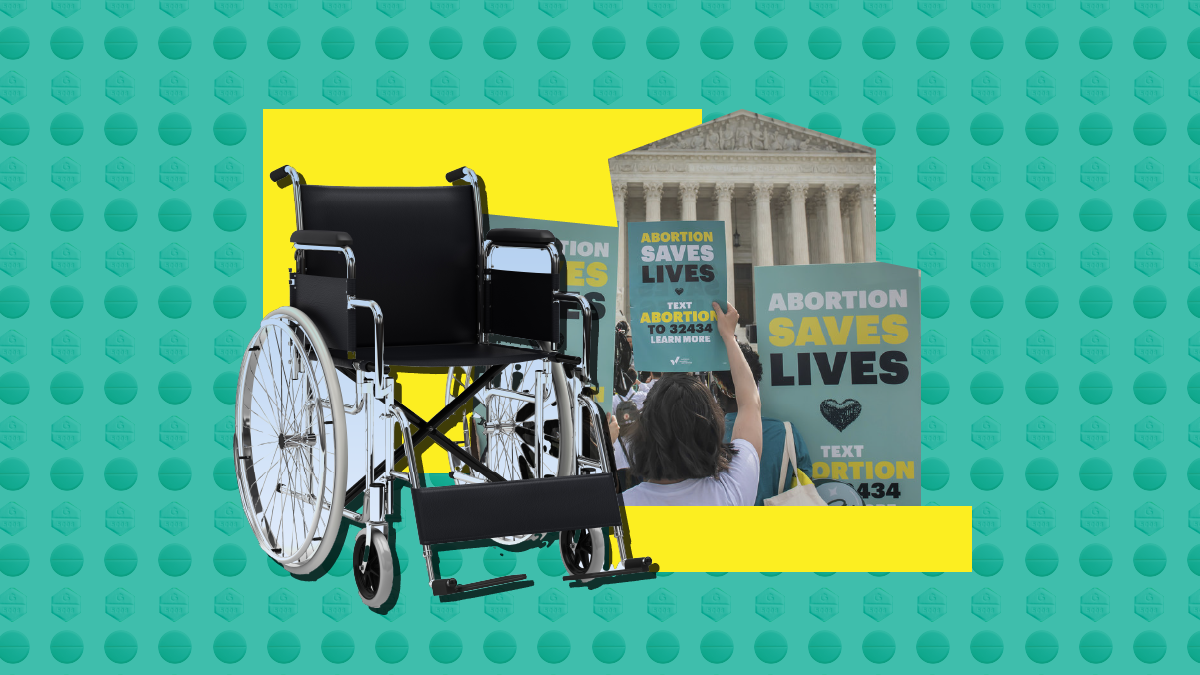ACA Repeal Bill Relies on Stereotypes to Punish Poor Families

 Late Monday night, as part of their fast-track effort to repeal the Affordable Care Act (ACA), some members of the House of Representatives Rules Committee revealed a final package of changes—known as “The Manager’s Amendment”—to the bill that will repeal the ACA and take health coverage away from millions of individuals. The Manager’s Amendment only make a bad bill worse for women and families. Instead of ensuring that women get the health coverage that they need to live healthy lives and pursue educational and career opportunities, the bill penalizes women by allowing states to condition receipt of Medicaid coverage on meeting burdensome and cruel work requirements. The House will make a final vote on the bill with this punitive provision that jeopardizes women’s health and economic security as early as tomorrow.
Late Monday night, as part of their fast-track effort to repeal the Affordable Care Act (ACA), some members of the House of Representatives Rules Committee revealed a final package of changes—known as “The Manager’s Amendment”—to the bill that will repeal the ACA and take health coverage away from millions of individuals. The Manager’s Amendment only make a bad bill worse for women and families. Instead of ensuring that women get the health coverage that they need to live healthy lives and pursue educational and career opportunities, the bill penalizes women by allowing states to condition receipt of Medicaid coverage on meeting burdensome and cruel work requirements. The House will make a final vote on the bill with this punitive provision that jeopardizes women’s health and economic security as early as tomorrow.
Based on the fiction of the “lazy” public benefits recipient, the work requirements ignore reality. Many individuals enrolled in Medicaid already work. In fact, about 6.7 million working women ages 18-64 – across the United States now have health insurance through Medicaid. The work requirements also ignore the challenges that low-income individuals and families face and reflect a fundamental misunderstanding of the purpose of Medicaid: to provide health insurance coverage that many low-income individuals and families simply do not earn enough to afford.
The Amendment requires anyone who is not disabled, pregnant, or elderly to meet the work requirements to receive health coverage. This includes new moms who the provision requires to work only 8 ½ weeks after giving birth—contrary to the Family and Medical Leave Act (FMLA) that gives women 12 weeks of leave. Every woman is different and how much time she needs can vary significantly, depending on the type of delivery and whether there were complications. These determinations should be made by her in consultation with her health care provider. The work requirement will force new mothers to choose between risking their health by working before they are physically ready or risking their health by going without health insurance and needed medical care.
The only way a new mom can avoid the penalty is if she is the only parent or caregiver of a child under age six or a child with disabilities, OR if she is under 19 years old, OR she is under 20 and married or head of household and stays in school. There is no exemption to the work requirement for a parent who adopts a child.
Adding a work requirement for parenting students to get Medicaid coverage will only make it harder for them to succeed in school and less likely to graduate. Pregnant and parenting students already face significant hurdles in completing school and supporting their families. Already, only about half of young mothers will earn a high school diploma by the age of 22 compared with 89% of women who did not have a child during their teenage years.
The Amendment does not allow married parents of a school-aged child or a child with disabilities to qualify for an exemption to stay home to care for their children. Perversely, both parents are then required to work and may not be able to afford childcare.
Many low-income parents already struggle to afford child care on their own, and child care assistance is already very limited due to insufficient funding. Requiring these parents to meet a work requirement ignores the reality of their lives and threatens their entire family’s health and economic security.
The bottom line is that this provision seeks to penalize low-income individuals—particularly women—based on offensive stereotypes. Supporters of this bill claim that it will increase health coverage for individuals, but it will do the exact opposite—at the expense of the health and economic well-being of women and their families.




